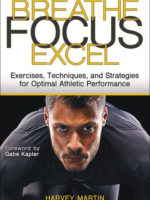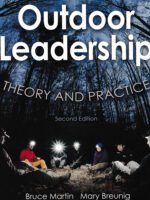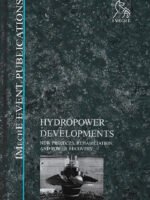Wildlife diseases and their implications are at the forefront of many sectors of scientific endeavor, especially in the wake of the COVID-19 pandemic. Nearly 60 percent of all human diseases and 75 percent of all emerging infectious diseases are zoonotic. Edited by pioneering wildlife veterinarians David A. Jessup and Robin W. Radcliffe, Wildlife Disease and Health in Conservation explores the origins and impacts of as well as the responses to the most damaging and persistent diseases currently threatening wildlife conservation.
Focusing mainly on newer, invasive, and controversial wildlife health challenges, this book also reexamines classic diseases that provide warnings and important lessons for wildlife professionals and policy makers. Each chapter offers cutting-edge scientific information and extensive references to help readers plan for, respond to, and conduct research on these serious health challenges. This book:
? Reports crucial findings on newly emerging diseases and how to recognize and manage them
? Explores the health of critical but often neglected aquatic ecosystems, including both vertebrate and invertebrate examples
? Covers a vast diversity of wildlife health threats, from epizootic bighorn sheep pneumonia and African swine fever to sea star wasting disease, avian influenza, and rabbit hemorrhagic disease
? Explains zoonotic dangers to humans, including coronaviruses
? Includes information on marine and aquatic species, wild ungulate species, carnivores and omnivores, birds, and more
? Provides insight into the social, legal, financial, and political factors that may override or influence conservation priorities in response to biomedical challenges
Featuring detailed and attractive field notes?style illustrations by Laura Donohue and essential essays from experts in the field, Wildlife Disease and Health in Conservation?combines theory and practice to inform and inspire wildlife health and conservation.









Be the first to review “Wildlife Disease and Health in Conservation”